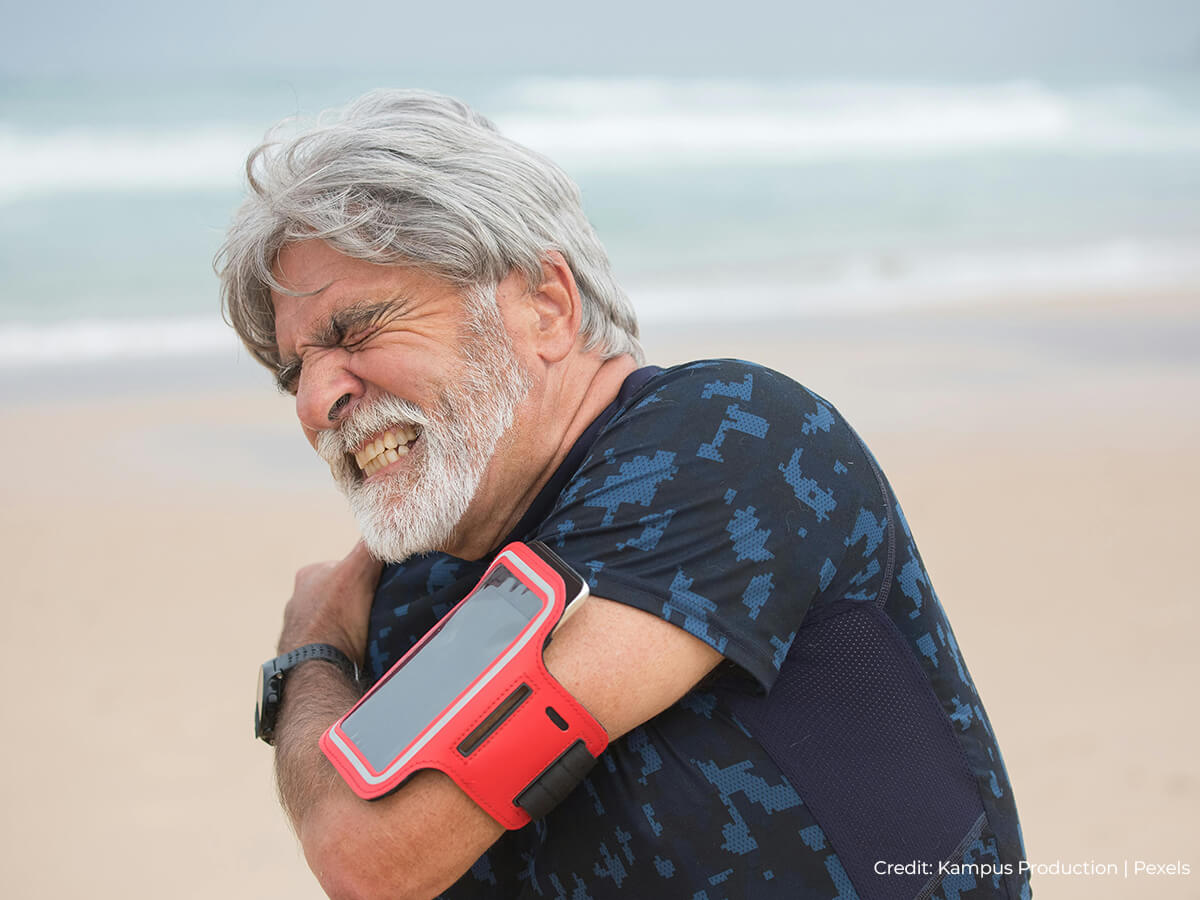Frozen shoulder, also known as adhesive capsulitis, is a painful condition that restricts the movement of the shoulder joint. It’s characterized by stiffness and pain, often making everyday tasks like dressing, reaching, and sleeping incredibly challenging. While the exact cause isn’t always clear, it often develops after an injury or surgery, or sometimes seemingly out of the blue.
InformedHealth.org states that “It is estimated that 2 to 5% of the population are affected by frozen shoulder at some point.”
If you’re experiencing the debilitating effects of frozen shoulder, you’re likely seeking effective solutions. Chiropractic care offers a promising avenue for relief, focusing on restoring proper joint mechanics and reducing pain. This article will phow a chiropractor in Kitchener-Waterloo, or any skilled chiropractor, can help alleviate frozen shoulder symptoms and improve your quality of life.

Frozen Shoulder—What Is It?
The shoulder joint is a complex structure, comprising the humerus, the scapula, and the clavicle. These bones are connected by muscles, tendons, and ligaments, all working together to provide a wide range of motion. With frozen shoulder, the capsule surrounding the shoulder joint, which normally allows for smooth movement, becomes inflamed and thickens. This thickening restricts the joint’s ability to move, leading to the characteristic stiffness and pain.
Frozen shoulder typically progresses through three distinct phases:
-
Freezing Phase
This phase is marked by increasing pain, often worse at night, and a gradual loss of shoulder movement. Everyday activities become difficult, and pain can be significant.
-
Frozen Phase
The pain may lessen during this phase, but the stiffness remains. The shoulder is significantly restricted in its range of motion, making it hard to perform basic tasks.
-
Thawing Phase
In this final phase, shoulder movement gradually returns. This phase can take months or even years, and full recovery isn’t always guaranteed.
The Role of Chiropractic Care
Chiropractic care focuses on the diagnosis, treatment, and prevention of musculoskeletal disorders, particularly those affecting the spine and other joints. Chiropractors utilize a variety of techniques, including manual adjustments, soft tissue therapy, and rehabilitative exercises, to restore proper joint function, reduce pain, and promote healing. For frozen shoulder, chiropractic treatment aims to address the underlying restrictions and inflammation affecting the shoulder joint.
How a Chiropractor in Kitchener-Waterloo Can Help
A chiropractor in Kitchener-Waterloo, or any qualified chiropractor, can play a vital role in managing and alleviating frozen shoulder symptoms. Their approach typically involves:
-
Thorough Assessment
The chiropractor will conduct a comprehensive evaluation, including a detailed medical history and physical examination, to assess the extent of your frozen shoulder and identify any contributing factors. This assessment might include evaluating your range of motion, posture, and muscle strength.
-
Manual Adjustment
Chiropractic adjustments involve applying controlled force to specific joints to restore proper alignment and improve joint function. While the primary focus may be the shoulder itself, chiropractors often address restrictions in the neck and upper back which can influence shoulder mechanics. Addressing these related areas can improve overall posture and nerve function, promoting better shoulder healing.
-
Soft Tissue Therapy
Soft tissue techniques, such as massage, trigger point therapy, and myofascial release, target the muscles, tendons, and ligaments surrounding the shoulder. These techniques can help reduce muscle tension, improve circulation, and break down adhesions that may be contributing to the frozen shoulder. This is essential for restoring proper muscle balance and flexibility.
-
Rehabilitative Exercises
Chiropractors often prescribe specific exercises to improve range of motion, strengthen supporting muscles, and promote healing. These exercises are tailored to the individual patient’s needs and gradually progress as the shoulder improves. These exercises are critical for regaining shoulder function and preventing recurrence.
-
Pain Management Strategies
Beyond manual therapies and exercises, chiropractors may also recommend pain management strategies such as heat or ice therapy, ergonomic advice, stretching, and lifestyle modifications. These strategies are designed to complement the hands-on treatment and empower patients to manage their condition effectively.
Benefits of Chiropractic Care for Frozen Shoulder
Chiropractic care offers several potential benefits for individuals suffering from frozen shoulder:
-
Pain Reduction
Manual adjustments and soft tissue therapy can help reduce pain by addressing joint restrictions, muscle tension, and inflammation.
-
Improved Range of Motion
Chiropractic treatment aims to restore proper joint mechanics, which can lead to improved shoulder range of motion and flexibility.
-
Faster Recovery
By addressing the underlying issues contributing to frozen shoulder, chiropractic care may help accelerate the recovery process.
-
Reduced Reliance on Medication
Chiropractic care offers a drug-free approach to pain management, potentially reducing the need for pain medications.
-
Improved Quality of Life
By reducing pain and improving shoulder function, chiropractic care can significantly improve an individual’s quality of life.
Finding a Chiropractor in Kitchener-Waterloo
If you’re in the Kitchener-Waterloo area and struggling with frozen shoulder, finding a qualified chiropractor experienced in treating this condition is essential. Look for a chiropractor with experience in treating musculoskeletal conditions and a focus on personalized care. A pain care clinic in Kitchener-Waterloo is an excellent option for those seeking comprehensive pain management, including chiropractic care.
Don’t let frozen shoulder dictate your life. Schedule a consultation with Fairway Chiropractic Centre to jumpstart your journey toward a pain-free and more mobile future.
Call us at at 519-748-5535.











